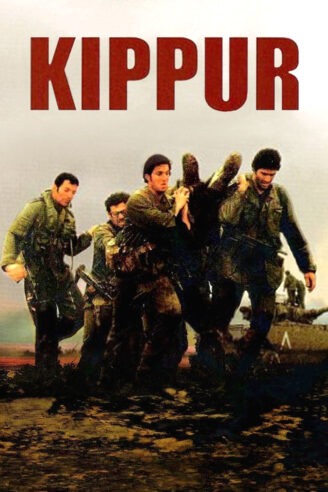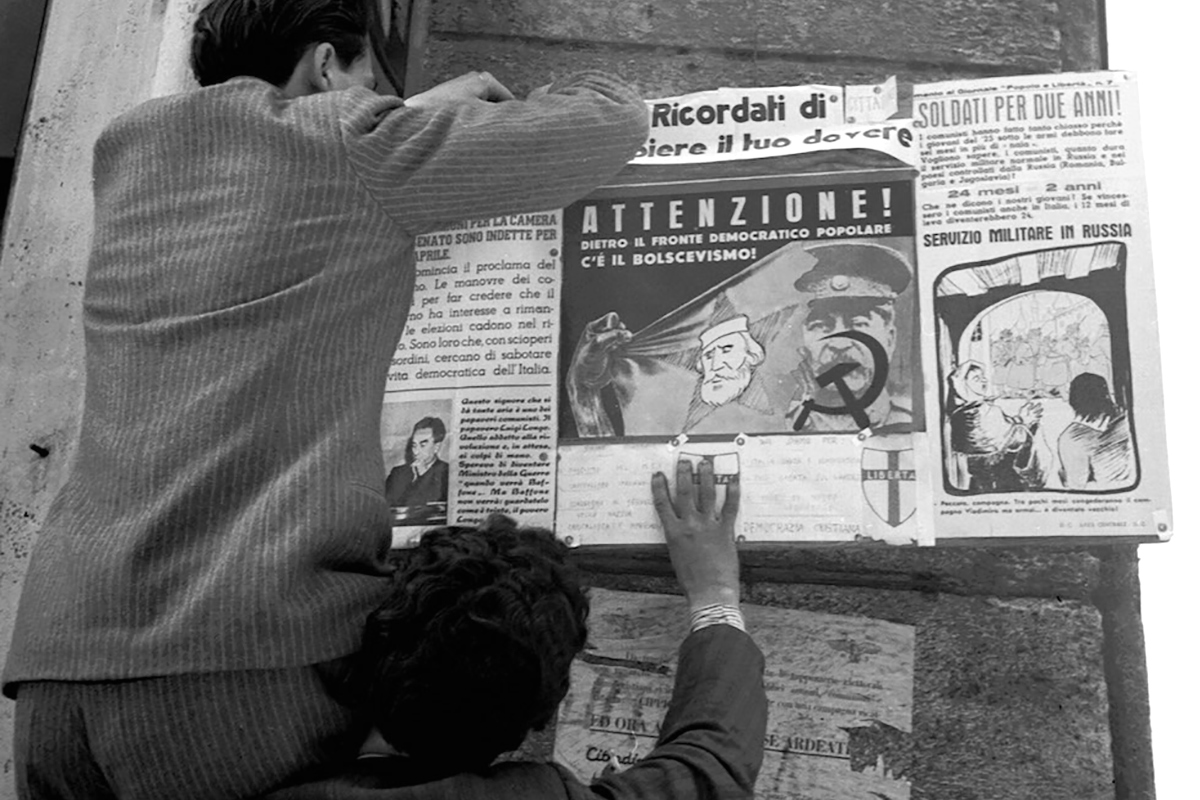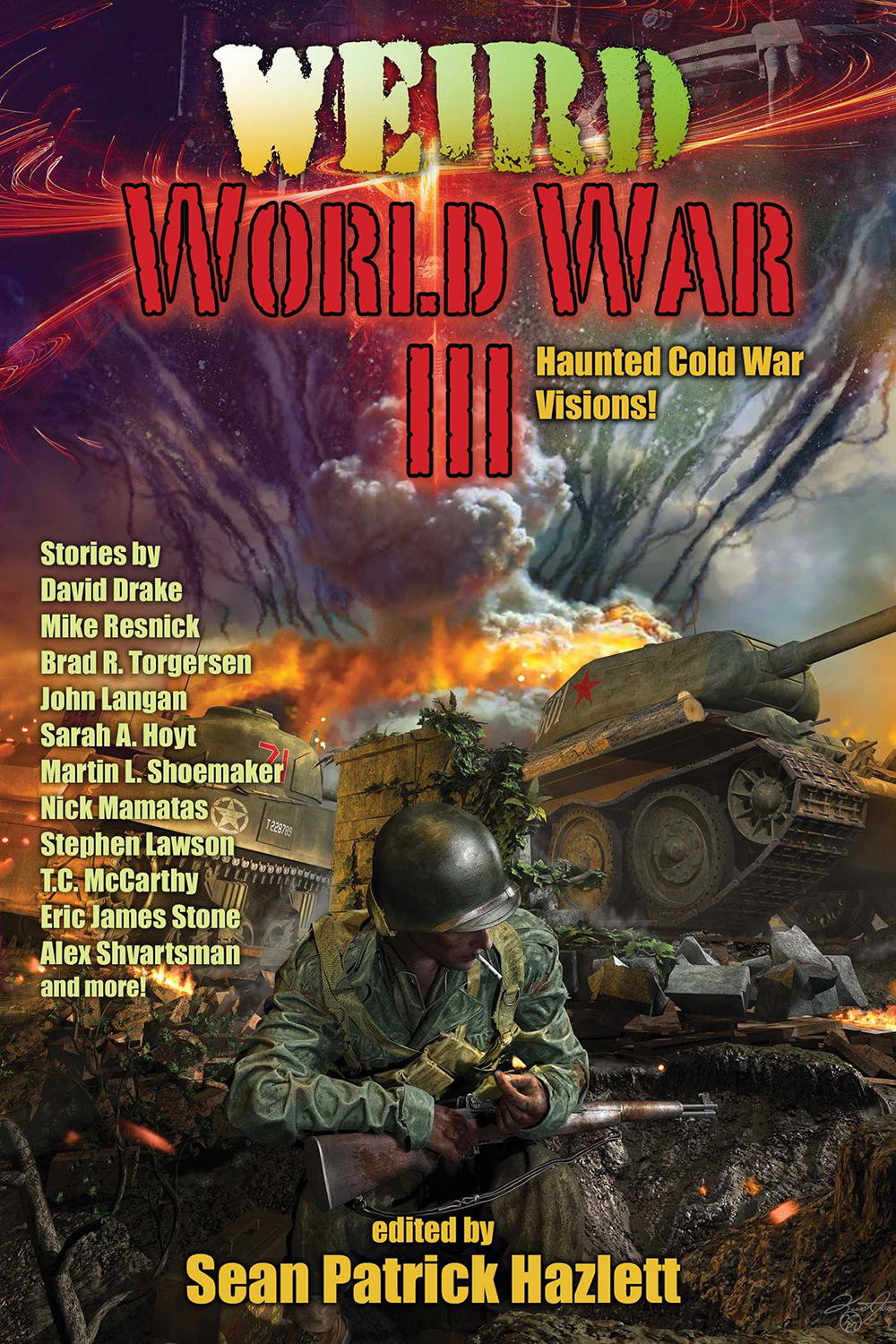The 1973 Yom Kippur War was short and pointless, lasting under three weeks. It was, however, a war that changed the Middle East. It was another attempt by the Egyptians and Syrians to humiliate the Israeli titan, and ended with the Arabs emboldened, even though they lost.
The Egyptians had successfully crossed the Suez Canal into Sinai. This was a war Egypt and Syria could not blame on Israel, the way they did in 1948 and 1956 and 1967. It paved the way for peace between Egypt and Israel, which in turn led to Anwar Sadat’s assassination.
In 2002, Amos Gitai interrogated the heroic myths of the first Arab-Israeli war in Kedma (review here). Two years earlier, in Kippur, he interrogated the myths of the Yom Kippur War.
That war is often thought of the closest Israel came to destruction. However, many would argue — and Gitai seems to agree — that the State of Israel has not been mortally threatened since 1967, if not earlier.
There’s a saying that war is long stretches of utter boredom punctuated by moments of pure terror. In just over two hours, this film succeeds in imprinting the truth of that statement on your mind. (Although I would not call the film dull, it’s dominated more by a quiet intensity.) Gitai uses a great deal of long shots, be they of scenery or the battlefield or of corpses strewn about the landscape. This is not a movie about heroes. This is a movie about ordinary men thrown into a war. That war is not portrayed as hellfire so much as it is a Kafkaesque nightmare in which people die fruitlessly and for no real consequence. Perhaps the best comparison is Joseph Heller’s Catch-22.
Nor is Gitai intent on demonizing the Arabs. They scarcely make an appearance except from a distance. It’s an approach that reminded me of the HBO series The Pacific. Both involve the armies of the homelands of their creators fighting against those who have been roundly and unfairly demonized. Much as The Pacific focuses mainly on Americans, Kippur is interested squarely in the Israelis who fight the war and the Israel that sees such conflicts almost as a regularity.
The absurdity of this conflict, and of war generally, is a major theme. The opening is not some gallant display of military might or a bold defense of some position, but rather two men in the reserves being called up by radio and then driving in their own car to the Golan Heights to find their unit. They never do and end up fighting with the nearest IDF soldiers.
Kippur lacks the dramatic heights of Apocalypse Now or Full Metal Jacket, but it doesn’t need to be either of those. This is a film whose main cinematographical weapon against the hawkish mind is the sheer madness of the whole thing, a hulking monstrosity that crushes human beings out of apathy and callousness. This is war as atmosphere, and it forces you to inhale it again and again and again.





